Truthdigger of the Week: Human Rights Champion Carmelyn P. Malalis
The leader of the New York City Commission on Human Rights is driven by both a zeal for the public good and personal passion. She is on a mission to give a voice to the voiceless.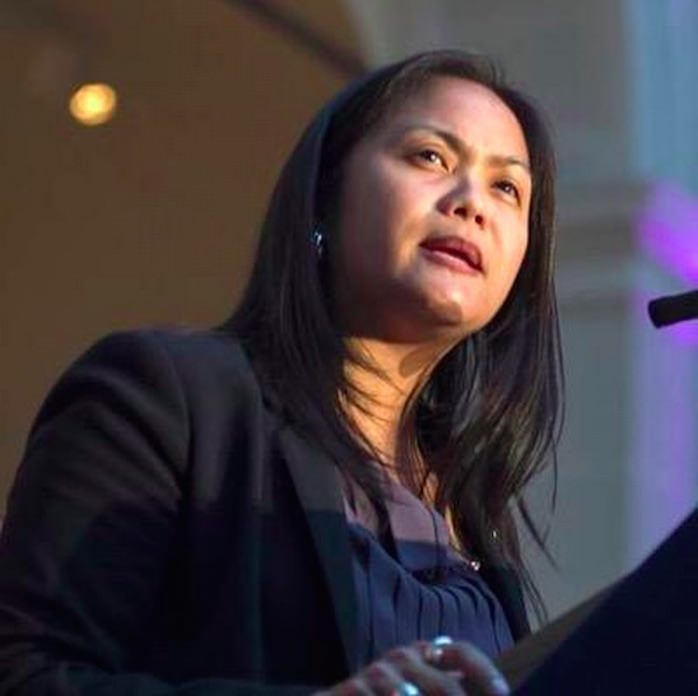 Twitter
Twitter
Every week the Truthdig editorial staff selects a Truthdigger of the Week, a group or person worthy of recognition for speaking truth to power, breaking the story or blowing the whistle. It is not a lifetime achievement award. Rather, we’re looking for newsmakers whose actions in a given week are worth celebrating.
Carmelyn P. Malalis is on a mission to give a voice to the voiceless. Appointed chair and commissioner of the New York City Commission on Human Rights last year, Malalis—a longtime champion of LGBT rights—is spearheading the fight against discrimination in America’s most populous city.
The agency, which primarily serves residents who cannot afford to hire their own lawyers, has direct jurisdiction over the New York City Human Rights Law, which, under Malalis, was recently amended to include new protections against credit checks and criminal-history checks in the workplace. Poor credit scores can be triggered by a host of reasons—a lost job, a medical crisis, crippling student debt or identity theft, and the use of credit history to determine job worthiness can deny employment to already vulnerable individuals. “For too long,” Malalis wrote in a statement, “employers’ use of credit history has prevented qualified New Yorkers from attaining good jobs. Job applicants should be judged on their merit and qualifications, not on their credit history.”
The goal of the Commission on Human Rights, Malalis says in the video below, “is to create a venue that people believe in, that people can actually vindicate their rights in. I don’t think that existed before, and that’s what we’re here to change.”
Under the Fair Chance Act, an important amendment was made this week to the city’s Human Rights Law to include the “ban the box” provision, meaning that New Yorkers applying for jobs won’t initially need to disclose whether they have previously been convicted of a crime. The bill applies to every employer in New York City with more than four employees and covers an estimated 2.5 million residents who have criminal records.
As Malalis says, the bill is “the strongest in the nation” in that it provides “greater access to employment for many of our residents with criminal histories. Under this legislation, the Human Rights Commission is charged with enforcing its key protections … to ensure that barriers to employment for individuals with past arrests or convictions are removed so many of our fellow New Yorkers have access to jobs and can keep rebuilding their lives.”
Malalis’ passion for her work is personal: She is the daughter of Filipino immigrants, is married to a woman from Ethiopia and has two biracial daughters. “Their photographs sit on her new desk, a private, daily reminder of why the battle to combat discrimination and intolerance in New York City is so important,” says a New York Times profile published after Malalis was appointed to her post.
Her activities in the fight against discrimination and for LGBT rights are impressive: Malalis was a partner at Outten and Golden LLP, one of the city’s premier law firms for plaintiffs; was co-chair of the Lesbian, Gay, Bisexual and Transgender (LGBT) Workplace Rights Practice Group and the Family Responsibilities and Disability Discrimination Practice Group; was co-chair of the Diversity in the Legal Profession Committee of the American Bar Association’s labor and employment law section; is a member of the New York City Bar Association’s executive committee; previously served on the advisory committee of the LGBT rights project at Human Rights Watch; chaired the New York City Bar Association’s committee on LGBT rights; and was a board member of Queers for Economic Justice.
Malalis’ work includes several advocacy and pro bono projects in collaboration with grass-roots organizations and legal-service providers advocating on behalf of low-wage and immigrant workers, LGBT employees, and women in the workplace.
New York City’s Human Rights Law is one of the most comprehensive civil rights laws in the nation. Half a century after passage of the federal Civil Rights Act, many Americans—particularly blacks—think the country has a long way to go in overcoming racial disparities. A 2014 survey shows that across the country 35 percent of blacks said they had personally experienced discrimination or felt they had been treated unfairly because of their race or ethnicity within that year.
Studies have found that police are more likely to pull over and frisk blacks or Latinos than whites. In New York City, researchers have discovered, 80 percent of those stopped were blacks or Latinos and 85 percent of them were frisked, compared with a mere 8 percent of white people stopped. And although African-Americans make up only 13 percent of the U.S. population and 14 percent of those defined in a survey as either occasional or frequent users of illegal drugs, they constitute 37 percent of the people arrested for drug-related offenses in the United States.
Of course, discrimination takes many forms and is by and large “intersectional,” often going unreported and usually experienced as an “everyday” phenomenon. The role of public policy in such issues must not be understated: Outreach initiatives, including education for service providers and businesses, are crucial, as is tackling language barriers and providing straightforward and effective means to seek legal redress. Marginalized and vulnerable communities can become empowered only through equal access and equal rights. For leading in this essential campaign through her vigorous official actions and through her personal example, Carmelyn P. Malalis is our Truthdigger of the Week.
Your support matters…Independent journalism is under threat and overshadowed by heavily funded mainstream media.
You can help level the playing field. Become a member.
Your tax-deductible contribution keeps us digging beneath the headlines to give you thought-provoking, investigative reporting and analysis that unearths what's really happening- without compromise.
Give today to support our courageous, independent journalists.



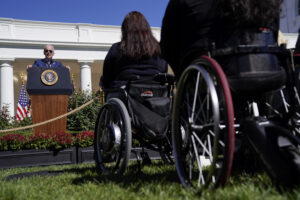
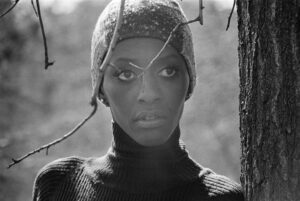
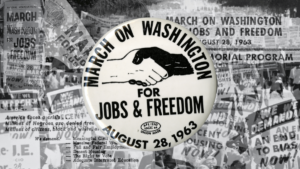
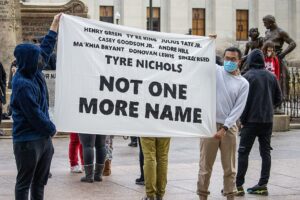


You need to be a supporter to comment.
There are currently no responses to this article.
Be the first to respond.